- Age-Related Macular Degeneration (AMD)
- Wet Age-Related Macular Degeneration
- Geographic Atrophy
- Appointment Prep
- View Full Guide
Understanding AMD

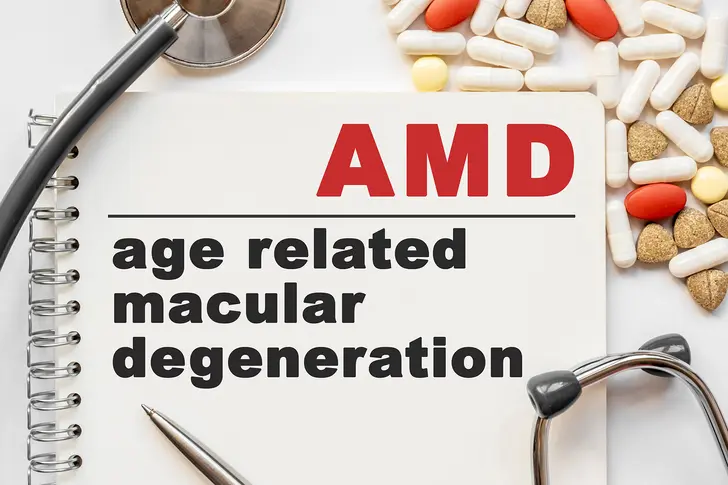
Understanding Age-Related Macular Degeneration
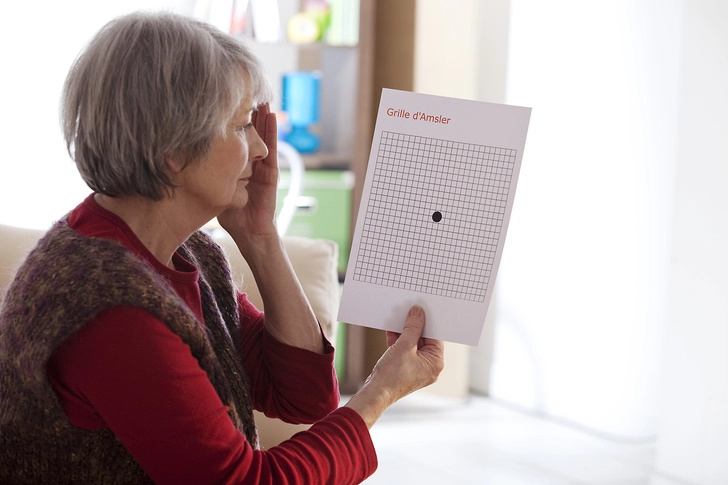
Symptoms to Watch For
Early stages of AMD often have no symptoms. As the condition progresses, you may notice blurred vision, difficulty reading, and dark or white spots in your central vision. In some cases, straight lines may appear wavy, and your color perception might change. Doctors use tests such as retinal exams, Amsler grid tests, and angiography to diagnose AMD.
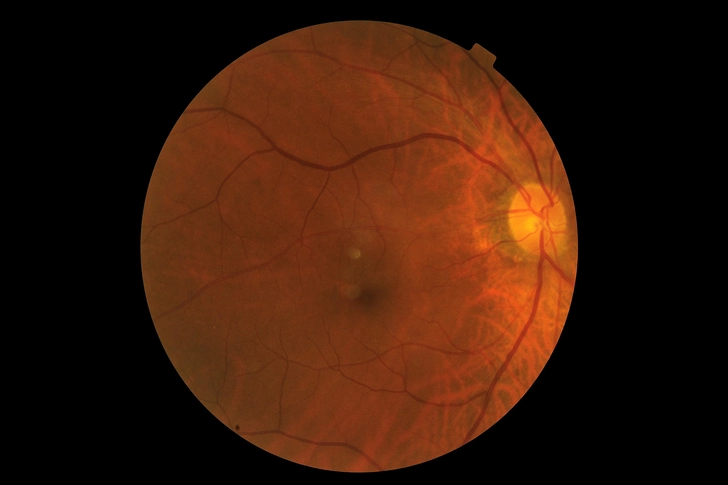
Types of AMD
There are two main forms of AMD: dry and wet. Dry AMD is more common and progresses slowly, leading to gradual vision loss. Wet AMD is less common but more severe, causing rapid vision loss due to abnormal blood vessel growth under the retina.
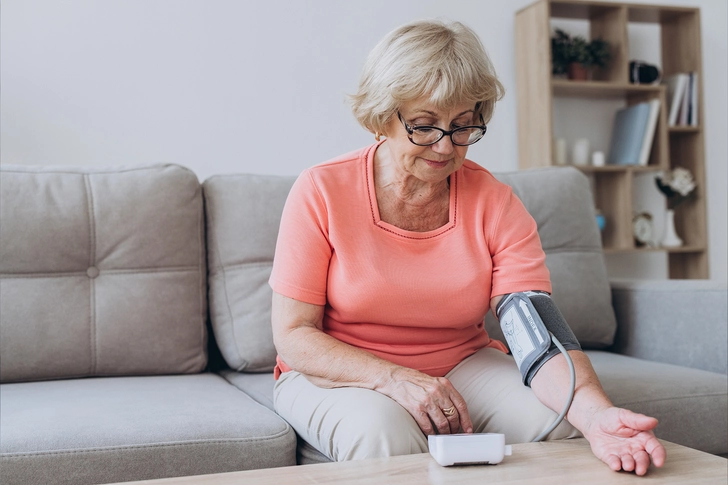
Risk Factors
Several factors increase the risk of developing AMD, including age, smoking, high blood pressure, and high cholesterol. Genetics also play a role, and the condition is more prevalent in people with light skin and women.

Treatment Options
While there is no cure for AMD, treatments can slow its progression. For dry AMD, doctors may recommend AREDS2 supplements. Wet AMD treatments include anti-angiogenesis drugs and laser therapies to prevent further vision loss. Ongoing research aims to find better treatments and a potential cure for AMD.

Lifestyle Adjustments
Eat a balanced diet that's rich in antioxidants, omega-3 fatty acids, and leafy greens. Regular exercise, maintaining a healthy weight, and quitting smoking can also slow the progression.
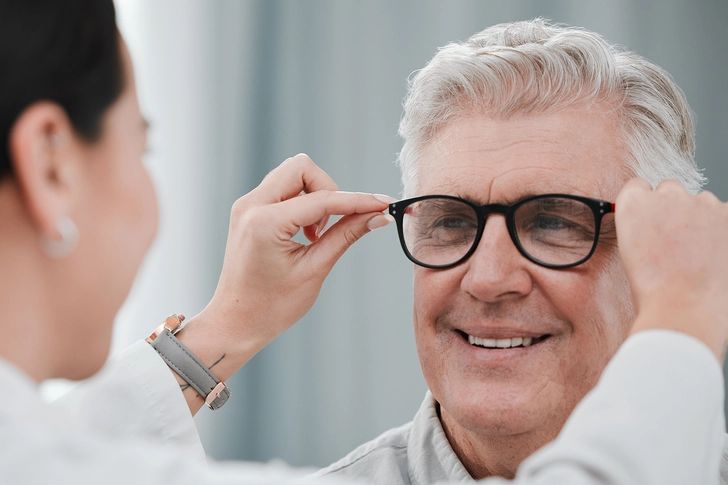
Living with AMD
Vision aids and rehabilitation can improve quality of life for those with AMD. Special lenses, electronic devices, and better lighting can help maximize remaining vision.

Takeaways
Having age-related macular degeneration doesn't mean you'll lose your sight. Timely treatment and healthy lifestyle changes can help protect your vision. Even if you do lose some vision, low-vision aids and therapy can help you stay independent and doing the things you enjoy.
Photo Credits:
1. Lana Leon/Shutterstock
2. Image Point Fr/Shutterstock
3. Gloszilla Studio/Shutterstock
4. Anatoliy Cherkas/Shutterstock
5. Davor Geber/Shutterstock
6. artem evdokimov/Shutterstock
7. iStock/Getty Images
8. iStock/Getty Images
National Eye Institute.
American Academy of Ophthalmology.SOURCES:
Harvard: “AMD Treatment Guidelines.”
CDC: “Learn About Age-Related Macular Degeneration.”
Mayo Clinic: “Dry macular degeneration.”
National Eye Institute: “AREDS/AREDS2 Frequently Asked Questions,” "Age-Related Macular Degeneration (AMD)."
American Academy of Ophthalmology: “What Is Macular Degeneration?” “Vitamins for AMD.”
BrightFocus Foundation: "Age-Related Macular Degeneration: Facts & Figures," "Macular Degeneration: Prevention & Risk Factors," “Treatments for Age-Related Macular Degeneration,” "Alternative Medicine for Macular Degeneration: Does it Work?" "Living With Macular Degeneration," "Diagnosed With Macular Degeneration? Here's What to Expect," "The Progression of Wet Age-Related Macular Degeneration."
National Institutes of Health: "NIH study provides clarity on supplements for protection against blinding eye disease."
American Academy of Ophthalmology: “What Is Stargardt Disease?” “How is AMD Diagnosed and Treated?”
Johns Hopkins Medicine: "Age-Related Macular Degeneration (AMD)."
Macular Society: "Macular Conditions."
Prevent Blindness: "Age-related Macular Degeneration (AMD)."
Eye and Vision: "Epidemiology of age-related macular degeneration (AMD): associations with cardiovascular disease phenotypes and lipid factors."
Current Eye Research: "Disparities in the Global Burden of Age-Related Macular Degeneration: An Analysis of Trends from 1990 to 2015."
Cost Helper Health: "Macular Degeneration Treatment Cost."
Macular Disease Foundation: "Eating for Eye Health."
Eye: "Black eyes matter – do we treat Black patients differently in ophthalmology?"
JAMA Ophthalmology: "Racial/Ethnic Disparities in Ophthalmology Clinical Trials Resulting in US Food and Drug Administration Drug Approvals From 2000 to 2020."
Mount Sinai: "Macular Degeneration."
Ophthalmology Retina: “Racial Differences in Age-Related Macular Degeneration and Associated Anti-Vascular Endothelial Growth Factor Intravitreal Injections among Medicare Beneficiaries."